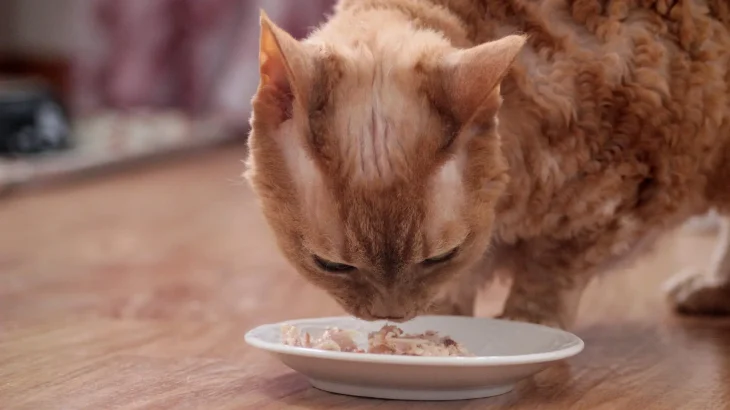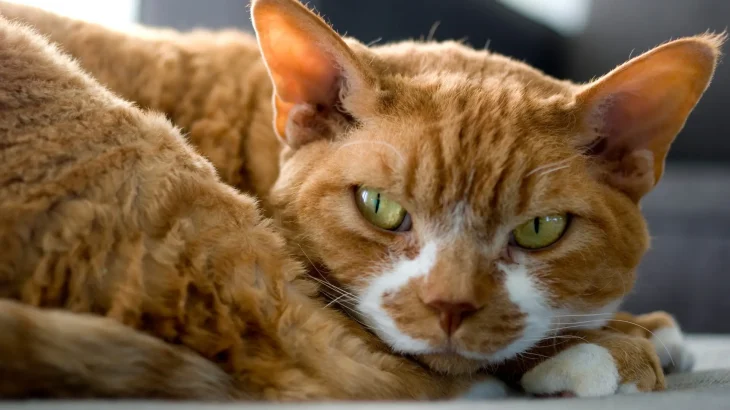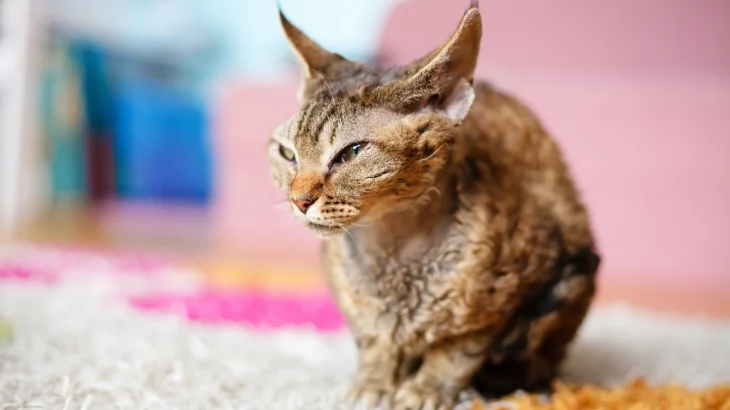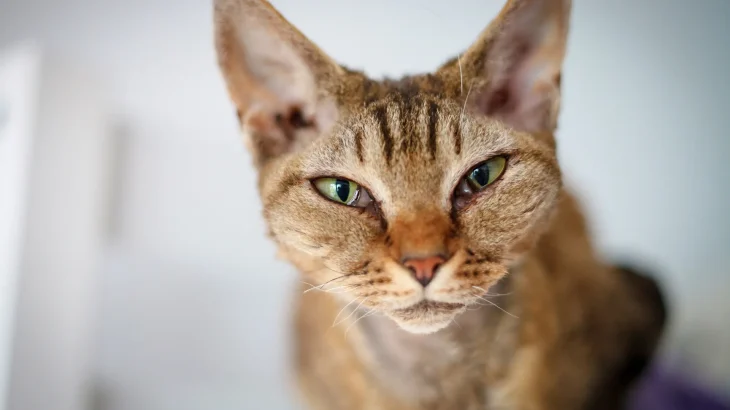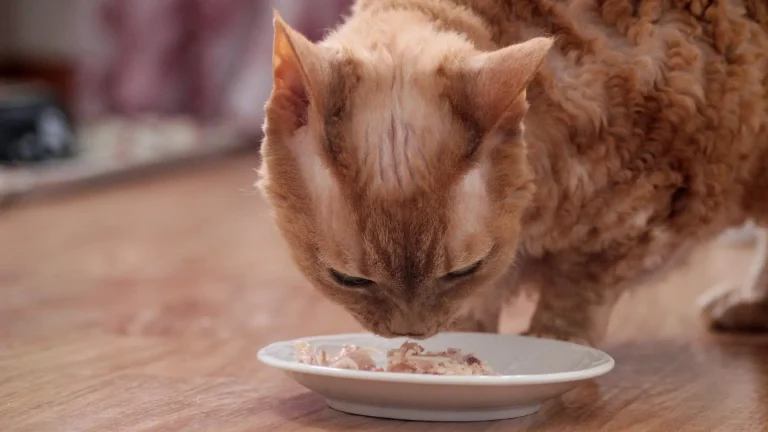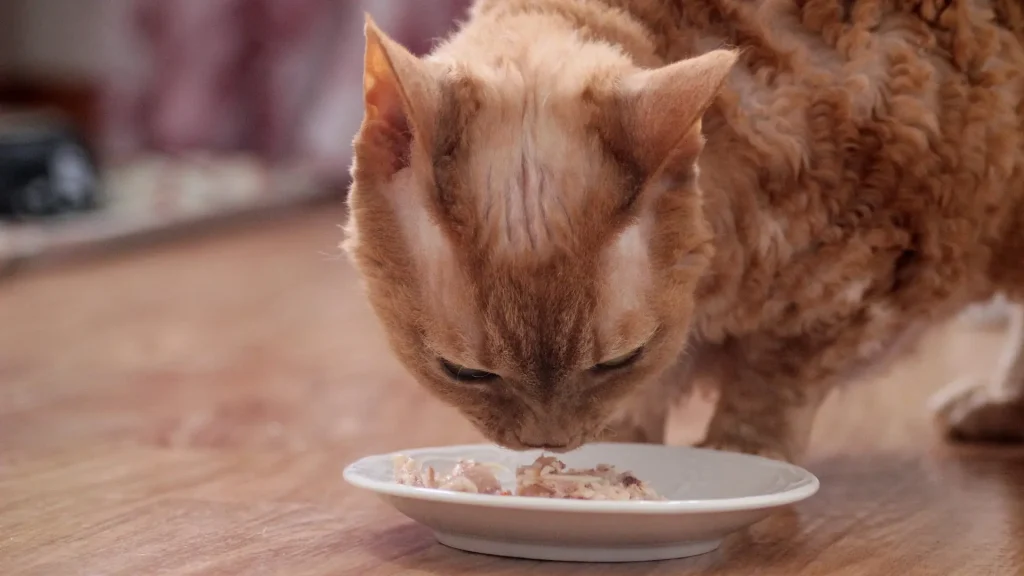When deciding to welcome a Tennessee Rex kitten into your home, you'll face a choice between adopting and buying. Each option has its own benefits and considerations, especially about background knowledge and ethical impact. While purchasing often provides detailed info about the kitten's lineage and health, adopting offers the rewarding chance to give a loving home to a cat in need.
| Criteria | Buying from Breeder | Adopting from Shelter/Rescue |
|---|---|---|
| Cost | Usually higher, reflecting purebred status and breeder expenses. | Generally lower, covering basic care and fees. |
| Health History | Comprehensive health records and genetic testing often provided. | Health history may be limited; basic vet care is typical. |
| Age Availability | Mostly kittens to raise from early stages. | Wider age range: kittens, adults, seniors. |
| Temperament Insight | Breeders can inform about lineage traits and socialization. | Shelter staff share personality observations but less lineage info. |
| Supporting Practices | Supports breeders and breed preservation if ethical. | Promotes animal welfare by rescuing cats in need. |
| Ethical Considerations | Ethical if breeders prioritize health and welfare over profit. | Helps reduce shelter populations and offers cats a second chance. |

